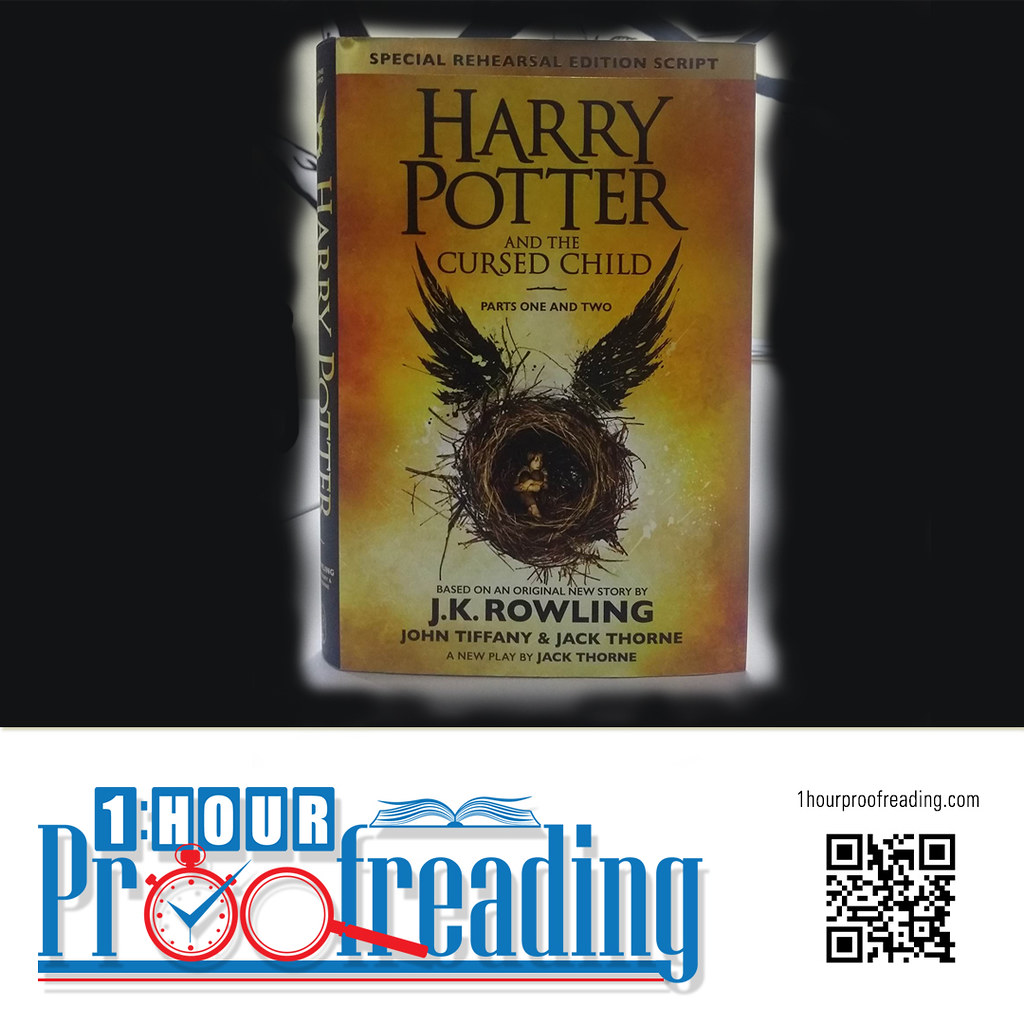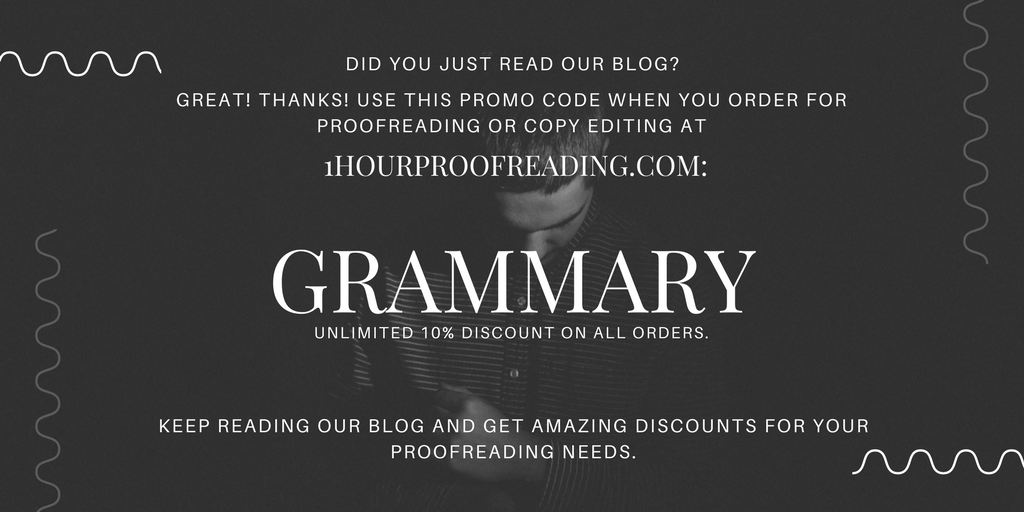About the Cursed Child Not the Boy Who Lived
Posted on Aug 08, 2016
I am not ashamed to admit that when I heard the news that there would be an eighth Harry Potter story, I freaked out. Honestly, any self-respecting Potterhead would, right? I mean, we get more of the Potterverse, and when is that ever a bad thing? Sure, Fantastic Beasts looks pretty splendid too, and Newt’s got a lot cooler fashion sense, but there’s just something so different about hearing and reading about the characters we already know and love, the same characters we grew up and learned Quidditch and defeated Voldemort with.

So of course, when J. K. Rowling announced that she would be collaborating with playwright Jack Thorne and director John Tiffany for a two-part play titled The Cursed Child, which would be set right after the seventh book’s epilogue, I and the whole of Dumbledore’s Army lost our chill.
Frankly, I’m pretty sure we’re not going to find said chill anytime soon.
See, we kind of were resigned to the fact that aside from a few pieces of new stuff posted on Pottermore, we’re never going to get another go into this magical universe. Yes, I know, Hogwarts will always be there to welcome us back, but this is different. The Cursed Child will be bringing the beloved trio and a host of new characters to life—literally. With the premise that everything will be happening onstage, The Cursed Child book reads as a script.
Of course, there’s the primary concern that The Cursed Child will be a faint echo of what had been, kind of like looking into a Pensieve perhaps. Aside from the new format it was set in, there’s also the fact that J. K. Rowling did not write it herself. Yes, the play is based on her story, but that’s just it, isn’t it? It’s written by someone else. I had the impression that it’s going to be like reading something written by a Muggleborn when you’ve been longing for a pure-blood’s work.
But then there’s the realization that it’s a very Death Eater way of looking at things, and I refuse to go down that path.
So then comes the next phase: clearing the mind of prejudice and reading the book as it’s meant to be read—a play.
People unfamiliar with the script format might have a hard time imagining the scenes on the page as it requires quite a bit more willpower to project in your mind what the writer intends for you to see. Fortunately, the stage directions (that is, the descriptions of what the characters are doing while onstage) are as expressive as Dumbledore in that one Goblet of Fire scene we still won’t forgive the film version for.
The Cursed Child, being what it is, a play script, doesn’t require as long a reading time as a Harry Potter novel. (It’s odd, finishing a Harry Potter book in less than four hours when previous ones took, like, a whole day.) Additionally, it is cursed (ha!) with being a post-series installment, which means it is also inevitably subjected to post-series scrutiny, which, so far, is quite derisive.
Which I think is totally unreasonable.
Some (more than some, really, but let’s be generous) are criticizing the book for not being able to live up to the hype it generated, falling short of what they expected. They indicate several plot points they aren’t happy with and proceed to condemn the whole things based on those.
First of all, that’s too self-centered, focusing on expectations without considering the bigger picture. Second of all, that’s like condemning the death of Cedric Diggory without considering the repercussions of what his death meant to the story as a whole.
Personally, I think that there are several details in the story I wouldn’t have gone with, and honestly, there are even some that I find so downright ridiculous that I won’t consider them as canon even upon threat of a Cruciatus. But that’s just me, and really, the good stuff far outweighs the absurd ones (because they’re not bad per se, just . . . yeah, absurd).
Then some say The Cursed Child is but glorified fan service wrapped in magical robes. Well, here’s the thing: when it comes to it, you’ll find that it is written for fans. We clamored for more of Harry Potter, and we got it.
I suppose it’s not as glorious as the original series because it’s not meant to be. It’s a different take on the same material, and as far as those go, well, The Cursed Child holds its own.
Just like Albus Severus Potter is not Harry Potter, The Cursed Child is not its precursor novels. Comparing the two is not only impossible but also an injustice to both works.
The Cursed Child’s charm is in its dissimilarity to what came before while still entwined with what made those magical. It’s unapologetically itself, and that, I think, is where its magic lies.
Do you have any questions? The 1-Hour Proofreading team will be happy to answer them.
About 1-Hour Proofreading
1-Hour Proofreading is a growing start-up offering fast and efficient editing services at a reasonable price with the assurance that the document is publication-ready the soonest you need it. Its team of highly competent professional editors is committed to helping those in need of quality editing services while facing tough deadlines.
Visit 1hourproofreading.com for more details.
Follow us:
Back to Grammary



